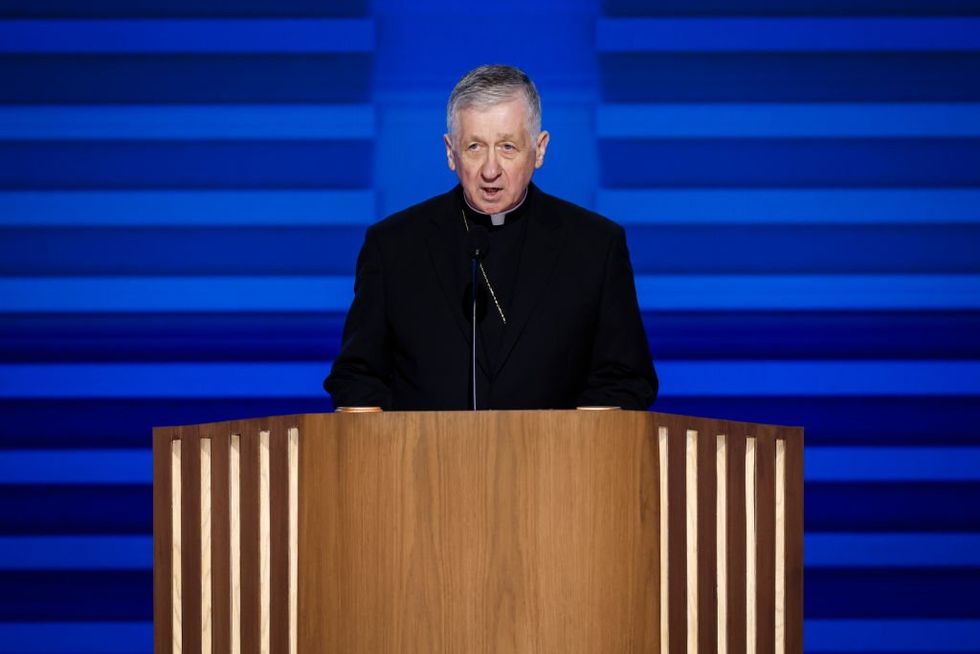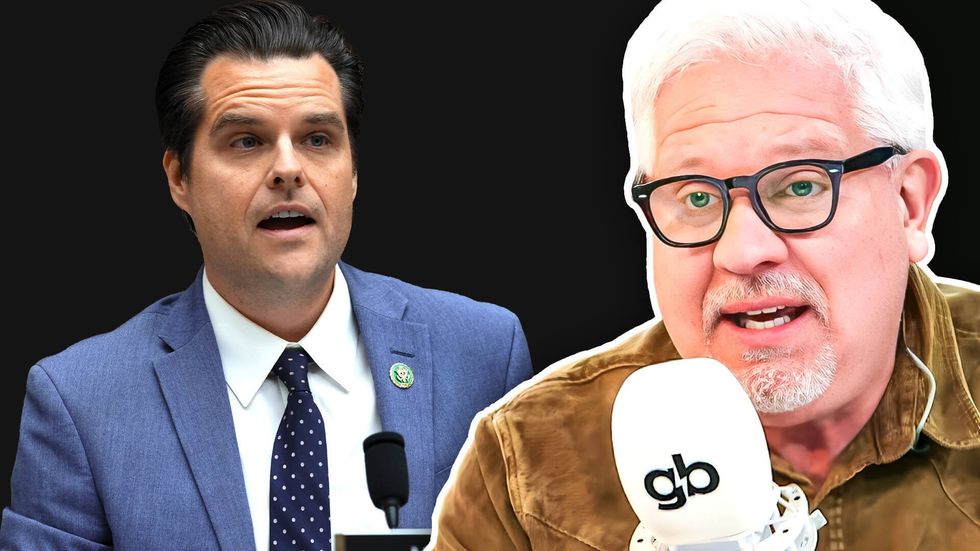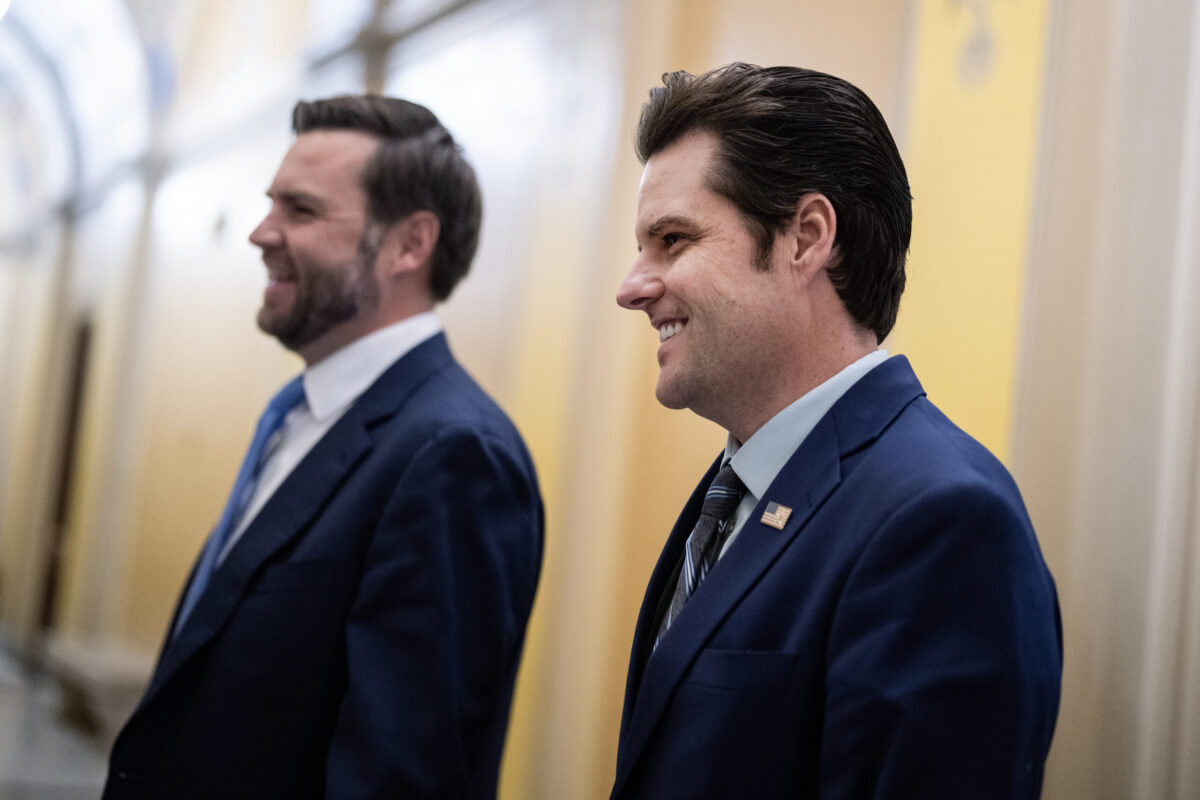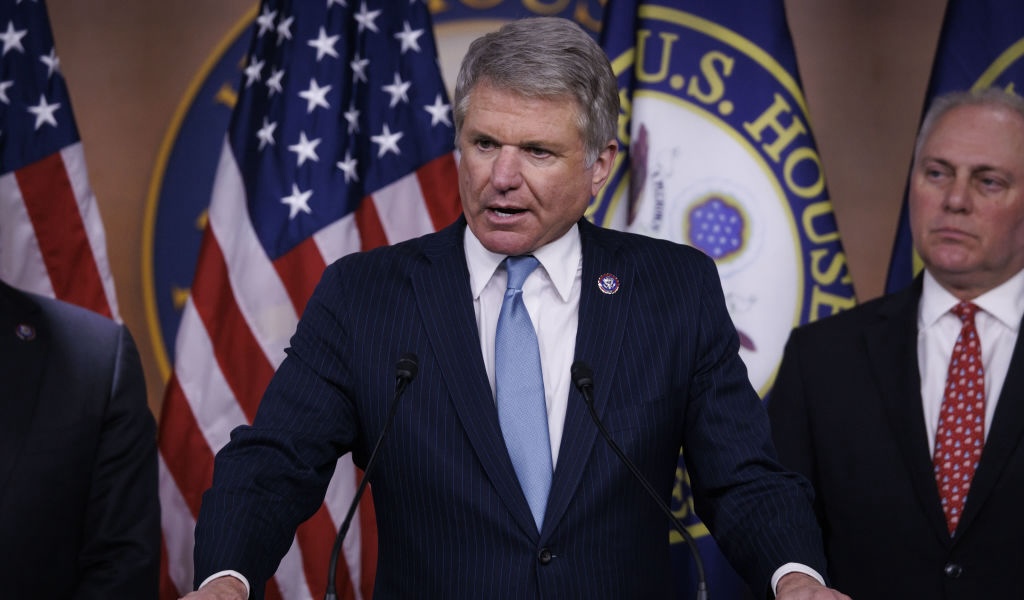Cupich’s DNC prayer casts pearls before pro-abortion swine
You might have missed the invocation on the first day of the Democratic National Convention last month. Chicago’s Roman Catholic archbishop, Cardinal Blase Cupich, prayed for peace, hope, and love in vague and non-Christian terms.The problem wasn’t the prayer so much as the context, which was a veritable pro-abortion carnival. Outside the convention, mobile clinics offered free abortions and vasectomies. Ever more bizarre, pro-abortion activists paraded, cosplayed as white mifepristone pills, and set up a massive 18-foot-tall inflatable intrauterine device.Is it necessary for a cardinal of the Catholic Church to remain mute about the destruction of millions of preborn lives to support other moral issues?Several speakers praised abortion and in vitro fertilization but barely mentioned the struggles of the working class or the broader plight of the oppressed — issues that Democrats were once known for championing.But the Democratic Party’s behavior outside the DNC carnival has been even worse. During Joe Biden’s term in office, the Department of Justice has been conducting a persecution campaign against pro-life activists, often throwing them in jail for peacefully protesting outside clinics where mothers are about to abort their unborn children. The latest person to be targeted is 89-year-old Eva Edl, who survived a communist death camp as a child in Yugoslavia before fleeing to America.Considering all this, how could Chicago’s archbishop justify — even to himself — blessing such an obviously immoral and anti-religious event?Cupich likely would claim that was not endorsing the Democrats’ pro-abortion plank but rather all those other planks that align with Christian teaching, such as caring for the marginalized, championing social justice, and welcoming the stranger. After all, according to the “consistent life ethic,” also known as the “seamless garment” theory, there are different ways to be pro-life, and all of them are equally valid. If traditional Catholics interpret the prohibition on murder to include opposing abortion, progressives can interpret it as providing welfare entitlements to illegal aliens.Cupich might argue that he is following Pope Francis’ example by avoiding an overemphasis on issues like abortion and homosexuality. Accordingly, Christians should view abortion as a complex issue within an increasingly complicated world. The moment calls for more listening and dialogue and less judgment and action.The political dimension complicates matters. While the Catholic Church should not align itself with any political party, it is expected to work within various political systems and serve the community. Therefore, even if a presidential campaign backs the most anti-Catholic candidate in recent memory, Cupich believes he should still engage with the nearly half of the country that supports Kamala Harris.Besides, isn’t it simply prudent for an esteemed member of the clergy to add his voice to encourage a political party that might come into power? By accepting the invitation, isn’t the archbishop making it more likely that Christians will have a seat at the table?Moral equivocationWith all due respect to Cupich, these arguments fall flat and only serve to harm Christian communities. All it amounts to is a rhetorical sleight of hand that turns Christianity, evangelization, and progressive politics into their opposites.An invocation is not some politically benign, neutral act. Under the circumstances, it is a virtual endorsement. Therefore, applying “seamless garment” thinking in this case just excuses moral equivocation.The seamless garment should affirm an ethical framework that is consistent and total, not one that is zero-sum, relative, and utilitarian. That means being pro-life in one way (e.g., protecting the unborn) should not impede being pro-life in another way (e.g., protecting the poor and marginalized.) The two positions are entirely compatible with one another in practice and should be upheld in theory as well.Cupich’s presence at the DNC suggests that the Catholic Church has made a trade-off: to support those on the margins, it must accept a political party that advocates the legality of killing the unborn at any stage of pregnancy — even after birth. Instead of maintaining a seamless ethical stance, these compromises tear at certain partisan litmus tests.Consequently, he put himself in the position of ignoring the Democrats’ virtual idolatry of abortion and contraception. But is it necessary for a cardinal of the Catholic Church to remain mute about the destruction of millions of preborn lives to support other moral issues? If the Democrats and their progressive allies hadn’t made an idol out of baby-killing, Christians might have sided with them without compromising their faith.As for the political argument of trying to forge ties with the potential ruling party in an attempt to influence them, this nearly always backfires: The church becomes more worldly and corrupt while the state c


You might have missed the invocation on the first day of the Democratic National Convention last month. Chicago’s Roman Catholic archbishop, Cardinal Blase Cupich, prayed for peace, hope, and love in vague and non-Christian terms.
The problem wasn’t the prayer so much as the context, which was a veritable pro-abortion carnival. Outside the convention, mobile clinics offered free abortions and vasectomies. Ever more bizarre, pro-abortion activists paraded, cosplayed as white mifepristone pills, and set up a massive 18-foot-tall inflatable intrauterine device.
Is it necessary for a cardinal of the Catholic Church to remain mute about the destruction of millions of preborn lives to support other moral issues?
Several speakers praised abortion and in vitro fertilization but barely mentioned the struggles of the working class or the broader plight of the oppressed — issues that Democrats were once known for championing.
But the Democratic Party’s behavior outside the DNC carnival has been even worse. During Joe Biden’s term in office, the Department of Justice has been conducting a persecution campaign against pro-life activists, often throwing them in jail for peacefully protesting outside clinics where mothers are about to abort their unborn children. The latest person to be targeted is 89-year-old Eva Edl, who survived a communist death camp as a child in Yugoslavia before fleeing to America.
Considering all this, how could Chicago’s archbishop justify — even to himself — blessing such an obviously immoral and anti-religious event?
Cupich likely would claim that was not endorsing the Democrats’ pro-abortion plank but rather all those other planks that align with Christian teaching, such as caring for the marginalized, championing social justice, and welcoming the stranger. After all, according to the “consistent life ethic,” also known as the “seamless garment” theory, there are different ways to be pro-life, and all of them are equally valid. If traditional Catholics interpret the prohibition on murder to include opposing abortion, progressives can interpret it as providing welfare entitlements to illegal aliens.
Cupich might argue that he is following Pope Francis’ example by avoiding an overemphasis on issues like abortion and homosexuality. Accordingly, Christians should view abortion as a complex issue within an increasingly complicated world. The moment calls for more listening and dialogue and less judgment and action.
The political dimension complicates matters. While the Catholic Church should not align itself with any political party, it is expected to work within various political systems and serve the community. Therefore, even if a presidential campaign backs the most anti-Catholic candidate in recent memory, Cupich believes he should still engage with the nearly half of the country that supports Kamala Harris.
Besides, isn’t it simply prudent for an esteemed member of the clergy to add his voice to encourage a political party that might come into power? By accepting the invitation, isn’t the archbishop making it more likely that Christians will have a seat at the table?
Moral equivocation
With all due respect to Cupich, these arguments fall flat and only serve to harm Christian communities. All it amounts to is a rhetorical sleight of hand that turns Christianity, evangelization, and progressive politics into their opposites.
An invocation is not some politically benign, neutral act. Under the circumstances, it is a virtual endorsement. Therefore, applying “seamless garment” thinking in this case just excuses moral equivocation.
The seamless garment should affirm an ethical framework that is consistent and total, not one that is zero-sum, relative, and utilitarian. That means being pro-life in one way (e.g., protecting the unborn) should not impede being pro-life in another way (e.g., protecting the poor and marginalized.) The two positions are entirely compatible with one another in practice and should be upheld in theory as well.
Cupich’s presence at the DNC suggests that the Catholic Church has made a trade-off: to support those on the margins, it must accept a political party that advocates the legality of killing the unborn at any stage of pregnancy — even after birth. Instead of maintaining a seamless ethical stance, these compromises tear at certain partisan litmus tests.
Consequently, he put himself in the position of ignoring the Democrats’ virtual idolatry of abortion and contraception. But is it necessary for a cardinal of the Catholic Church to remain mute about the destruction of millions of preborn lives to support other moral issues? If the Democrats and their progressive allies hadn’t made an idol out of baby-killing, Christians might have sided with them without compromising their faith.
As for the political argument of trying to forge ties with the potential ruling party in an attempt to influence them, this nearly always backfires: The church becomes more worldly and corrupt while the state continues to become less Christian.
A signal of surrender
As historian Tom Holland details in his masterpiece “Dominion,” beginning with Pope Gregory VII’s rejection of lay investiture (the appointment of clergy by secular leadership) in the 11th century, the Catholic Church traditionally operates best when it does so on its own terms and challenges political authorities to follow or be shunned (i.e., excommunicated). Consequently, those in government would at least pay lip service to Christian teachings or show the Church a fair degree of tolerance.
When the Catholic Church’s teachings are compromised to satisfy political ideologies, it inevitably loses life and ceases to be a public presence. One only needs to look at Western Europe, where churches are currently dwindling or being subsumed by government authorities.
Cupich’s invocation sends a clear signal of surrender to secular modernity, the culture of death, and the supremacy of the state. This act represents an unforgivable and irredeemable concession to the enemies of Christ. Experience and common sense reveal that Cupich and other like-minded progressives are actually “casting pearls before swine,” who will trample them and turn to tear faithful Christians to pieces.
Originally Published at Daily Wire, World Net Daily, or The Blaze
What's Your Reaction?































































































